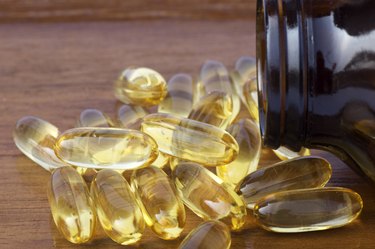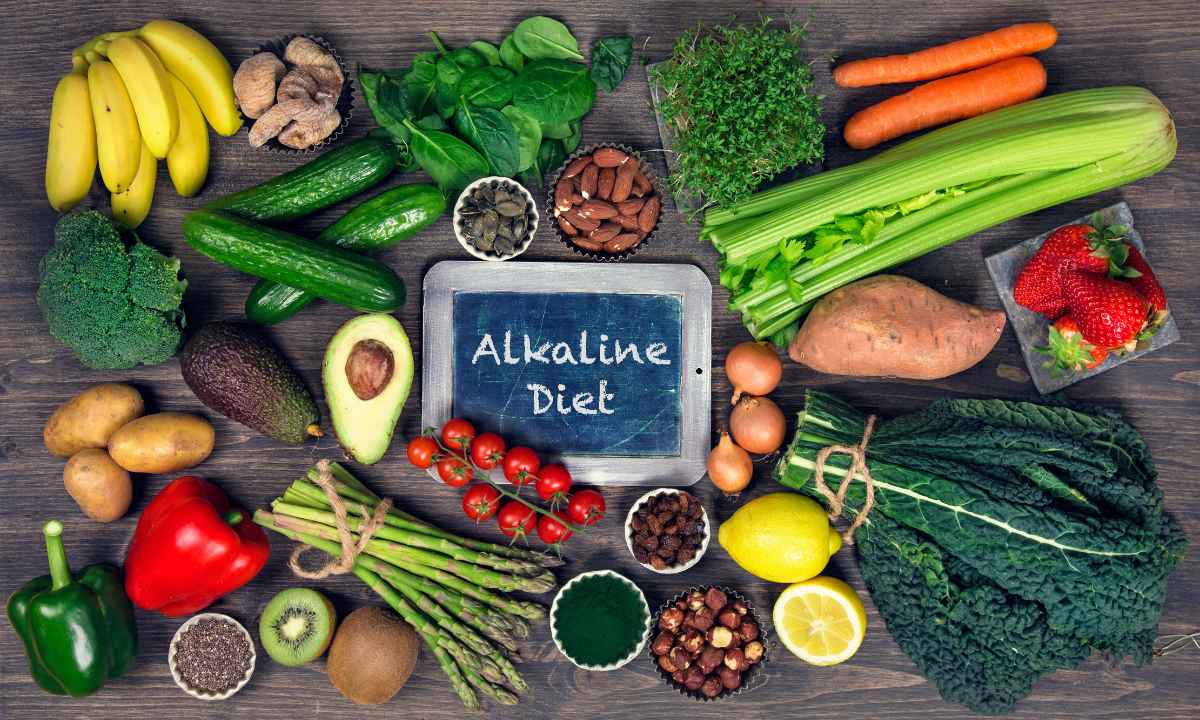Avoid high-fat foods and alcohol if your alkaline phosphatase level is high. Limit the intake of sugar and refined grains as well.
Elevated alkaline phosphatase levels can signal various health issues, often related to the liver, bones, or bile ducts. If you’re managing high alkaline phosphatase levels, diet is critical in maintaining your well-being. Nutrition adjustments can support liver health and aid in managing underlying conditions that might contribute to your enzyme levels.
This includes steering clear of certain foods that can exacerbate the situation. As always, liaising with your healthcare provider to tailor your diet according to your specific health needs and ensure that you receive comprehensive care is essential. Remember that a balanced eating approach, alongside medical advice, can make a significant difference in managing your health condition.
- Understanding Alkaline Phosphatase Levels
- Dietary Factors Influencing Alkaline Phosphatase
- Foods To Avoid For High Alkaline Phosphatase
- Dietary Strategies To Manage Alkaline Phosphatase Levels
- Beyond Diet: Holistic Approaches To Lower Alkaline Phosphatase
- Frequently Asked Questions Of What Foods To Avoid If Alkaline Phosphatase Is High
- Conclusion
:max_bytes(150000):strip_icc()/hypophosphatasia-treatment-5201029-FINAL2-0df49715300e4ea08e7add70bf363b9b.jpg)
Credit: www.verywellhealth.com
Understanding Alkaline Phosphatase Levels
Alkaline phosphatase (ALP) is an enzyme in your body. It plays a crucial role in keeping you healthy. The enzyme works in your liver, bones, and digestive system. An average ALP level is essential for good health.
ALP levels can be different for each person. They depend on age, blood type, and gender. The normal range is usually 20 to 140 IU/L.
High ALP levels may signal health issues. Liver conditions and bone disorders could cause this. Doctors must find out the cause if your ALP is elevated.
| Bone Conditions | Liver Diseases |
| Osteoporosis | Hepatitis |
| Fractures | Cirrhosis |
| Hyperparathyroidism | Bile Duct Blockage |
To find high ALP, doctors do blood tests. The tests check your enzyme levels. Finding elevated ALP early helps keep you healthy.
Dietary Factors Influencing Alkaline Phosphatase
Diet heavily influences alkaline phosphatase levels in the body. Certain foods can elevate enzyme activity, leading to higher readings. A high-alkaline phosphatase might hint at changes needed in dietary habits. It’s vital to understand which nutrients impact these levels. Foods rich in fat, especially saturated fats, increase alkaline phosphatase.
Regularly consuming processed foods, high in sugar and preservatives, can also contribute to higher enzyme levels. Devising a well-balanced diet is crucial. Minimizing intake of alcohol and certain medications could be beneficial. Foods to consider include those high in zinc and magnesium, as these minerals can influence enzyme levels.
Foods To Avoid For High Alkaline Phosphatase
Consuming foods high in fats may cause alkaline phosphatase levels to rise. It’s essential to avoid fatty meats and dairy products. These can make the enzyme levels go higher.
Processed foods often contain preservatives. Such ingredients are not suitable when dealing with high enzyme levels. Steer clear of canned goods and boxed meals.
Alcohol and sugary drinks should be off the menu. These drinks can disrupt your enzyme management, affecting your health. Choose water or herbal teas instead.
A diet with too much protein can be bad for enzyme levels. Cut back on red meat and opt for plant-based sources instead. This will help keep your levels in check.

Credit: www.credihealth.com
Dietary Strategies To Manage Alkaline Phosphatase Levels
Maintaining a healthy diet is vital for managing alkaline phosphatase levels. Choose foods rich in magnesium, such as nuts, seeds, and green leafy vegetables, to help balance enzyme activity. Consuming calcium-rich foods like dairy or fortified plant milks can also be beneficial.
Hydration plays a crucial role in regulating all enzymes, including alkaline phosphatase. Aim to drink plenty of water throughout the day. Crafting a diet plan that includes whole grains, fruits, and lean proteins ensures essential nutrients work together to stabilize enzymes.
- Bananas and avocados boost potassium levels, aiding in enzyme balance.
- Fish with omega-3 fatty acids support overall health.
- Stay hydrated – water is your best friend for enzyme health.
Beyond Diet: Holistic Approaches To Lower Alkaline Phosphatase
Lifestyle changes are vital in managing high alkaline phosphatase. Staying active with daily exercise can help. Balance work and rest to reduce stress. Keep a healthy weight for your body.
Taking certain medications and supplements may influence enzyme levels. Speak with a doctor about your current medications. They may adjust them or suggest alternatives. Calcium and vitamin D supplements could be beneficial.
Regular health check-ups are crucial. Tests monitor alkaline phosphatase levels. Your doctor will track any changes over time. This ensures quick action if levels rise.

Credit: www.livestrong.com
Frequently Asked Questions Of What Foods To Avoid If Alkaline Phosphatase Is High
What Increases Alkaline Phosphatase Levels?
Alkaline phosphatase levels can rise due to liver conditions, bone disorders, or blockages in the bile ducts. Certain medications and pregnancy can also cause elevated levels.
Are Certain Foods Linked To High Alkaline Phosphatase?
Yes, foods high in fat and sugar may exacerbate conditions that elevate alkaline phosphatase. Overconsumption can lead to liver stress and bone metabolism issues, potentially raising levels.
Can Diet Lower Alkaline Phosphatase?
A healthy diet of fruits, vegetables, and lean proteins can support liver health and bone maintenance. This dietary approach may help lower alkaline phosphatase levels over time.
Is Dairy Bad For Alkaline Phosphatase Levels?
If consumed excessively, dairy products might contribute to higher alkaline phosphatase due to their calcium and fat content. Moderation and balanced intake are essential.
Conclusion
Navigating dietary choices with elevated alkaline phosphatase can be tricky. To maintain optimal health, prioritizing foods that support balance is critical. Remember to consult with healthcare providers before making changes. Steering clear of high-fat dairy, processed meats, and excessive alcohol will serve your well-being.
Embrace a diet rich in nutrients for a healthier you.

